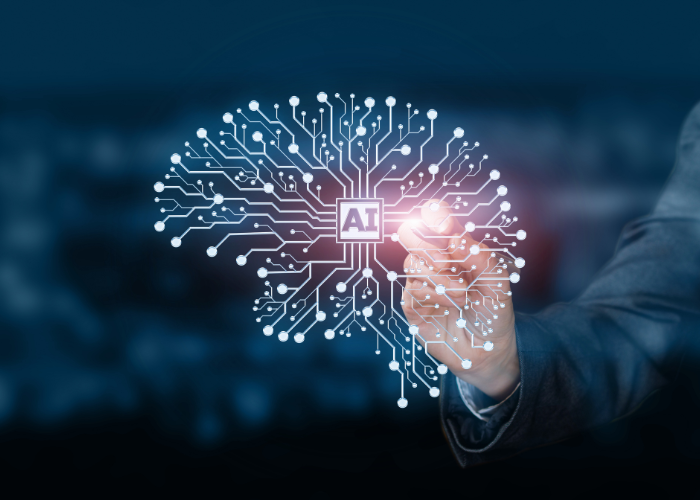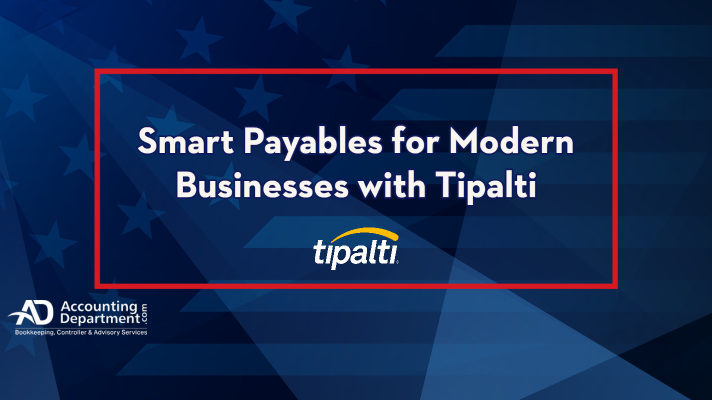Artificial Intelligence (AI) has certainly made its mark across a number of industries and the accountancy & finance sector is no stranger to the rapid advancements taking place. If used responsibly, AI serves as a powerful tool to aid Accountants, streamline their workload, improve accuracy and help them work smarter.
Accountancy and finance recruitment specialists, Spencer Clarke Group, have witnessed firsthand how Artificial Intelligence is helping accountancy professionals refine their practices. Throughout this article, they share which tasks AI can replace, the benefits of AI and also, the pitfalls to look out for.
What is AI?
Artificial Intelligence refers to the technology that enables computers and machines to perform tasks and simulate activities that usually require problem-solving capabilities and human intelligence.
AI allows machines to learn from experience and perform tasks through utilising algorithms and data analysis and systems are designed to mimic cognitive functions and utilise techniques, such as natural language processing, allowing them to closely replicate human behaviour.
With its ability to perform tasks from pattern recognition to decision making, AI has a wide range of applications across various industries, including in the accountancy and finance sector.
What jobs can Accountants utilise AI for?
In order to streamline process and enhance their capabilities, there are a number of important jobs that Accountants can utilise AI for, including:
- Fraud detection.
- Tax compliance.
- Expense management.
- Predicting analytics.
- Client engagement.
- Automating data entry.
Fraud detection
Artificial Intelligence serves as an effective tool for detecting fraud. Through the identification of anomalies in financial transactions, such as unusual spending patterns, AI has proven to play an essential role in fraud detection.
By engaging advanced algorithms, AI systems are able to analyse large amounts of financial data in real time, allowing discrepancies and potential fraudulent activity to be detected on the spot.
As well as utilising advanced algorithms, machine learning means that systems are able to improve their accuracy and continuously learn from new data.
The use of AI in fraud detection plays an important role in alerting Accountants to strange activity and as a result, can help them mitigate the risks of financial loss and damage to financial assets.
Tax compliance
Artificial Intelligence is a useful tool for helping Accountants ensure compliance with tax regulations.
As well as automating tax calculations and generating tax reports, AI plays a crucial role in helping Accountants to navigate tax codes and identify eligible deductions and credits.
In order to effectively assist Accountants with tax compliance, AI systems use machine learning and data analysis to continuously monitor regulatory changes and ensure that compliance is always highly accurate.
AI is an effective way for Accountants to omit human error in activities such as tax return preparation and is also a useful tool for helping Accountants to provide clients with useful insight into developing tax regulations.
Expense management
Accountants are able to streamline their expense management by utilising the machine learning algorithms of AI.
Artificial Intelligence has the capability to identify spending patterns, and highlight discrepancies in real-time, which is advantageous to Accountants seeking extensive insights into their company expenditure.
Expense management tools that utilise AI can help Accountants identify opportunities to save money, adhere to their budgeting protocols and forecast future expenditure.
The use of Artificial Intelligence in expense management is an effective measure for Accountants to enhance their efficiency within an organisation and streamline their workload.
Predicting analytics
Accountants use predictive analytics to anticipate financial trends on the horizon. AI is a fantastic tool for giving Accountants the capability to analyse historical data and use this to make predictions about future financial outcomes.
The application of machine learning algorithms means that AI systems are able to assist Accountants with decision-making, resource distribution and strategic planning.
As well as enabling Accountants to mitigate risks involved in financial activity, AI powered predictive analytics are also key in enhancing accuracy when forecasting financial metrics such as revenue, expenses and cash flow.
Client engagement
As well as playing an essential role in streamlining tasks associated with data and finances, AI is also a fantastic tool for automating client engagement.
AI powered chatbots can enhance client communication by providing real-time support to people looking for accounting assistance.
Artificial Intelligence can program chatbots to answer common queries, schedule appointments and set reminders, which frees up time for Accountants to work on higher-value tasks, which require human intelligence.
Automating data entry
AI powered software is capable of automating the data entry process and reducing the time Accountants might otherwise spend manually inputting data.
Not only does this save time for Accountants, it also mitigates the chance of errors occurring and speeds up the process of inputting large amounts of financial data from a variety of sources. Data might be extracted from invoices, bank statements or receipts.
What are the benefits of AI for Accountants?
There are a number of benefits for an Accountant who utilises Artificial Intelligence in their day to day practices, including:
- Streamlining time consuming jobs.
- Improved accuracy.
- Reduced operational costs.
- Opportunity to explore new specialities.
Streamlining time consuming tasks
The uptake in Artificial Intelligence has played an important role in helping Accountants to work more efficiently.
Within the day to day practices of an Accountant, there are many tasks, such as data entry and invoice processing, that can be time consuming when completed manually.
However, AI is able to streamline these tasks and automate repetitive jobs, allowing Accountants more time and effort to dedicate to jobs that require human intelligence, such as meeting with clients and decision-making.
The streamlining of repetitive tasks also allows Accountants to be more proactive when dealing with clients. For example, they are able to allocate more time to ensuring their clients are ready for financial transactions such as mergers and acquisitions.
Improved accuracy
The algorithms of Artificial Intelligence are able to process large volumes of data, whilst ensuring that accuracy is not compromised.
Not only does the automation of processing data reduce the risk of human error in financial calculations and reporting, it also helps to ensure the accuracy of financial statements.
Reduced operational costs
The automation of Artificial Intelligence doesn’t just help Accountants to streamline their processes, it also helps to reduce operational costs.
By automating repetitive activities and helping Accountants work smarter, AI allows accountancy practices to handle a larger volume of work and in return increase revenue for their business.
Artificial Intelligence can also lead to cost-saving opportunities by analysing financial data and uncovering insights for process optimisation or future financial trends.
Opportunity to explore new specialities
Opportunity to explore new specialities
Artificial Intelligence affords Accountants the opportunity to upskill and explore new specialities within the sector.
By automating repetitive day to day tasks, AI allows Accountants to add value elsewhere in their business. For example, an Accountant might choose to invest more time into their Continuous Professional Development which will make them a desirable candidate should they be aiming for a promotion or searching for a job elsewhere
What are the disadvantages of AI for Accountants?
While there are clearly many advantages for utilising Artificial Intelligence, there are also limitations and challenges that must be considered.
Despite being incredibly clever and able to closely replicate many human behaviours, AI systems are not faultless and should not be relied on for 100% accuracy.
Should errors or biases within training data occur, this can result in incorrect results and output from AI systems and cause detrimental financial and legal consequences for Accountants and accountancy practices. Algorithms might perpetuate biases present in the data that was used to train them, which could lead to unfair decisions, despite objectivity being of utmost importance in accounting. Too much reliance on AI systems can also lead to a lack of critical thinking and understanding that experienced Accountants possess as a result of years of training and education.
Accountants must also be careful with sensitive data and understand that AI cannot guarantee the security of financial data, which could lead to potential misuse or breaches of privacy regulations, such as GDPR. Ensuring privacy regulations are adhered to can become much more complex when AI systems are involved and Accountants must ensure that the personal and financial data of their clients is secure and protected from unauthorised access.
A lack of transparency can also cause issues for Accountants using AI. Some algorithms operate as ‘black boxes’, meaning their inputs and operations are not visible to the user. This can be problematic for Accountants as often they are required to justify their decisions, which becomes more complex when an AI system is used to aid the decision-making process.
Spencer Clarke Group are accountancy and finance recruitment specialists who operate nationwide. The agency helps accountancy practices with their recruitment needs, and jobseekers to find their perfect job.




